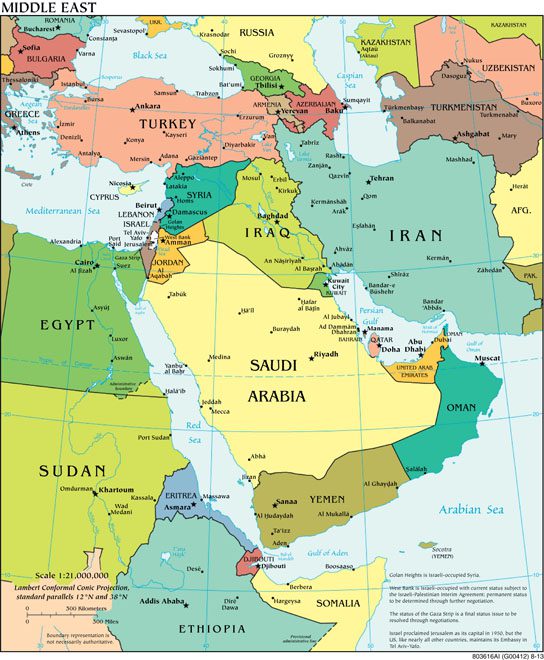
(Wikimedia Commons)
Another extract from a manuscript on which I’m actively working:
Muhammad may be the last of the prophets, in Muslim belief, but he was certainly not the first. Thus, fragments of God’s truth remain scattered about the world, owing to the earlier ministries of divinely-sent messengers. Judaism and Christianity are included in this view. Because, although they are encrusted with heresies and innovations, Judaism and Christianity are essentially divine, adherents of the two faiths are given a divine assurance of salvation if only they will remain faithful to the fundamental truths of their religions:
There are among the People of the Book some upright men who all night long recite the revelations of God and worship Him; who believe in God and the Last Day; who enjoin justice and forbid evil and vie with each other in good works. These are righteous men; whatever good they do, its reward shall not be denied them. God knows the righteous.[1]
Believers Jews, Christians, and Sabaeans, whoever believes in God and the Last Day and does what is right—shall be rewarded by their Lord, says the Qur’an. They have nothing to fear or to regret.[2]
[1] 2:62; compare 2:112; 5:69; 22:17.
[2] 89:22. The very notion that the Lord can “come,” that he can change location, is just one of many ideas in the Qur’an that point to an originally anthropomorphic view of God—a view that attributed bodily form to him—within Islam.
***
The item above comes from my old book Abraham Divided, which first appeared in (I think) 1992 or thereabouts and then appeared in a second (revised) edition some years later. It was aimed at a Latter-day Saint audience.
I’ve been encouraged for many years to bring Abraham Divided up to date and reissue it, and I’m finally getting around, fairly seriously, to doing that. The last two chapters, which dealt more or less with what were then “current events” and with activities of the Church of Jesus Christ of Latter-day Saints, will require considerable revision — the former needing pretty much a complete rewrite and the latter demanding substantial updating. Yasser Arafat, for instance, is long dead and fairly irrelevant now. Al-Qa‘ida and the so-called “Islamic State” didn’t yet exist when I first wrote it; the attacks of 9/11 hadn’t occurred.
But I’m also intending to broaden the entire book’s focus somewhat, particularly but not only in those last two chapters, from the Arabs to the Islamic world more broadly (which goes well beyond even the Middle East). “Current events” today demand some background information, at least, on a variety of subjects, including the Islamic Republic of Iran, Afghanistan, Turkey, the Kurds, Boko Haram in Nigeria, Muslims in the West, and a host of other topics that plainly transcend the Arab world, as such.
That means, first of all, that this won’t be (in my view, anyway) simply a third edition of the original volume. It also means that the original title, Abraham Divided — which referred to the rivalry between Abraham’s sons Ishmael and Isaac (the traditional fathers of, respectively, the Arabs and the Hebrews) — will no longer be adequate. I haven’t yet decided on a new title.
One of the difficulties in working on this project is giving background that will continue to be useful without so closely tying the treatment to contemporary news that the book could be rendered substantially obsolete almost by the time it issues from the press.










